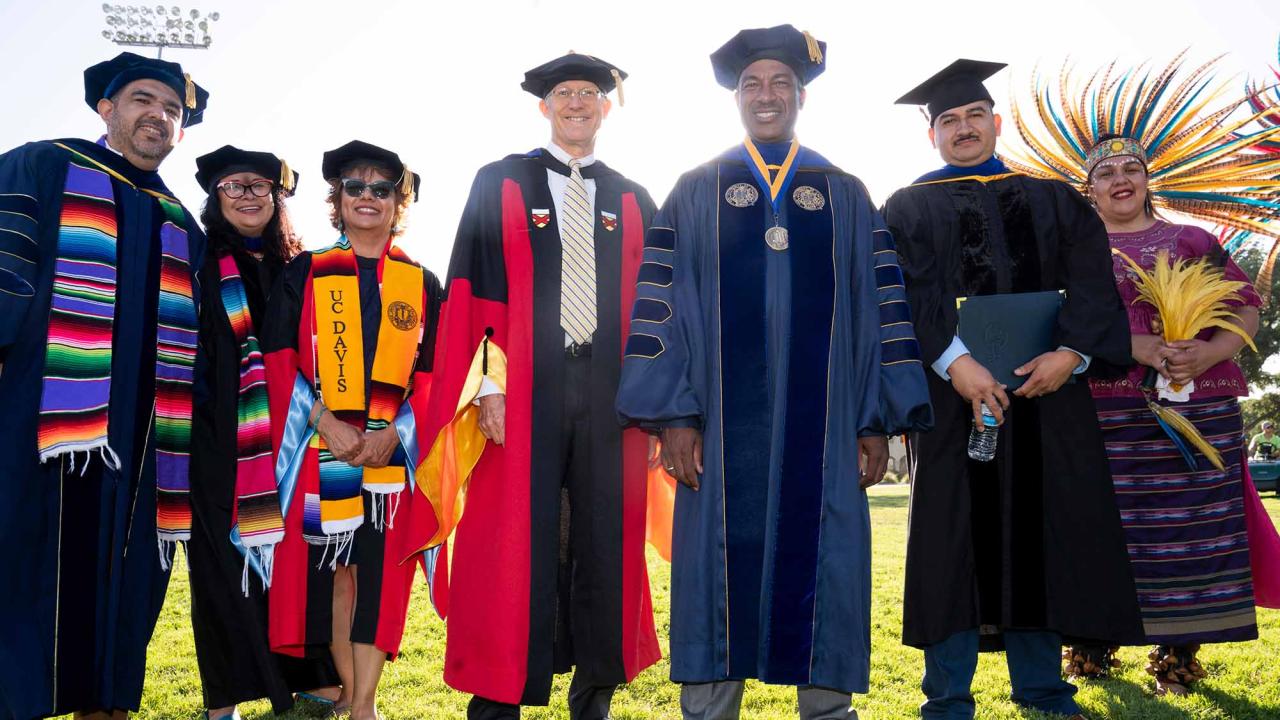Faculty members looking to bolster their applications for advancement can get tips from a new training module that covers writing optional statements of contribution to diversity, equity and inclusion, or DEI.
The training, created by Academic Affairs, is a self-paced, on-demand online course that takes between 30 and 45 minutes to complete. It provides tips and tools for faculty members interested in writing a statement of contributions to DEI, and also includes guidance for those who are evaluating colleagues’ statements.
TAKE THE TRAINING
“It’s possible your already meritorious teaching, research or service, when they intersect with significant contributions to DEI, could lead to an academic record being ‘outstanding,’” Phil Kass, vice provost for Academic Affairs, said of the potential benefits of writing a statement during the advancement process. He said higher marks can lead to a faculty member moving up further in the same amount of time — potentially another half-step on the Step Plus System.
The online training was created in consultation with faculty members at UC Davis and other universities, and was first offered as a pilot program in fall 2021. Its creators have revised it to incorporate feedback from faculty members.
Statements of contribution to DEI are required when candidates apply for ladder rank and security of employment faculty positions at UC Davis, but remain optional for current faculty members going through the merit and promotion process.
Kass said the university does not have any plans to change those rules, but emphasized the importance of maintaining a focus on DEI, which he said makes the university’s education more equitable and inclusive for all of California’s students. He said as a public, land-grant university, UC Davis has a responsibility and imperative to educate all.
“Our students are extraordinarily diverse. Close to half are first-gen, and many are from historically marginalized communities,” he said. “We have a responsibility to educate such students and open up opportunities and pathways to success, and that can be a challenge when they’ve been underrepresented in our university community.”
According to UC Davis’ formal personnel policies, contributions to DEI can include “efforts to advance equitable access to education, public service that addresses the needs of California’s diverse population, or research in a scholar’s area of expertise that highlights inequalities,” and those contributions should be evaluated just like a faculty member’s other work.
DEI continues to be a major focus across all areas of UC Davis, and the university’s efforts have earned recognition — in 2019, it was one of three universities to receive bronze award certification and serve as charter members in the American Association for the Advancement of Science’s STEMM Equity Achievement, or SEA, Change Initiative focused on DEI in the fields of science, technology, engineering, mathematics and medicine.
Media Resources
Cody Kitaura is the editor of Dateline UC Davis and can be reached by email or at 530-752-1932.
